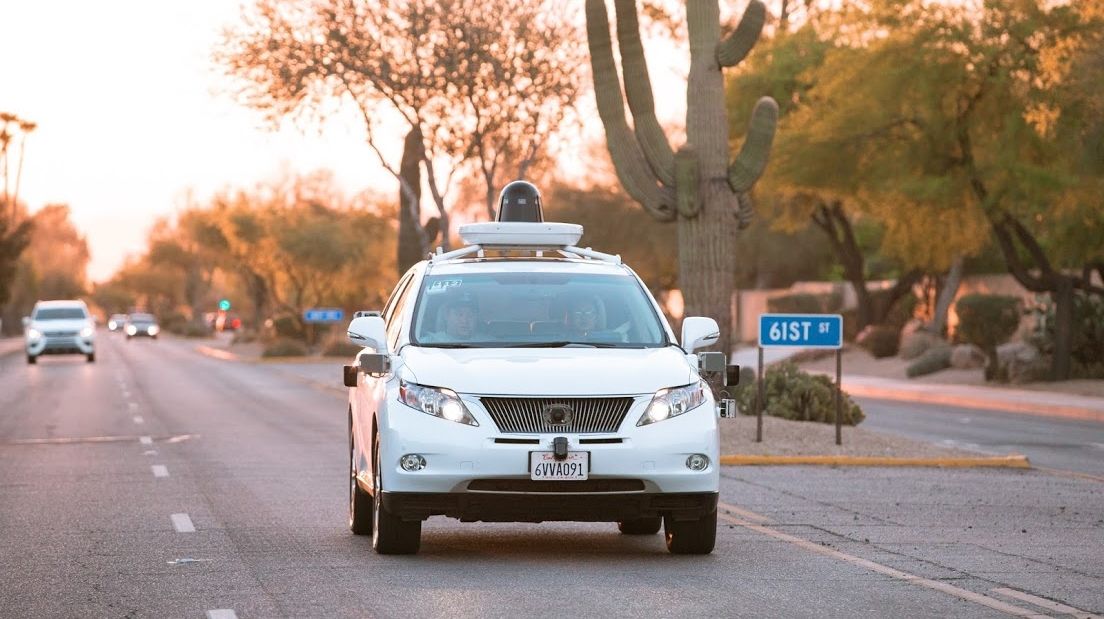Michigan could be the first state in the entire United States to allow driverless cars to test on public roads after the state senate unanimously passed a proposal that would legalize the act. The measure still needs the approval of the state’s House of Representatives before reaching the desk of state governor Rick Snyder, who himself has already stated his intent in signing the legislation.
The proposal could be a huge development in turning Michigan into the center of autonomous vehicle studies, testing, research & development, and ultimately, manufacturing. Granted, seven states, including Michigan, have already allowed automakers to test hands-free vehicles on the condition that a licensed operator is along for the ride in the event of emergencies. The other states with similar guidelines include California, Florida, Nevada, North Dakota, Tennessee, and Utah.
The new legislation allows Michigan to take things on another level as it effectively takes away the “licensed operator” condition out of the equation, essentially making it easier for parties invested in autonomous driving technology to test their driverless vehicles in the state. The legislation is especially more important for companies like Ford and Google, both of which have announced plans to completely circumvent the driver-assistance technology that’s currently being used by automakers like Tesla. Having a state that allows testing for autonomous vehicles without any drivers in it would be a huge step in accelerating the development plans for the technology.
It’s still unclear when Michigan’s House of Representatives will convene to discuss and act on the legislation, but with the approval of the state’s senate and the support of the governor Snyder, there’s a good chance that the House will act similarly on the legislation.
Continue after the jump to read the full story.
This legislation could jump start Michigan's auto renaissance
There are a lot of reasons why Michigan should enact this legislation and make it a law. The obvious benefits are there and while it does come with some inherent risks from a safety perspective, those risks are likely to be mitigated and vastly outweighed by the positives that will come out of this issue.
The most obvious benefit comes from a socio-economic standpoint, especially when you consider the number of employment opportunities that come with having all these automakers and tech firms move their research and development of autonomous driving technology in the state. For its part, Google already got the ball rolling in that regard when it announced plans to set up a testing center in the state. If the state passes this proposal, there’s a possibility that Google could move all of its autonomous driving technology operations in the state. I know that sounds ridiculous given that its headquarters in Silicon Valley is the epicenter of technological development in the country, but until California relaxes its laws on driverless cars, the tech giant may have no choice but to go to a state where it’s allowed to test the vehicles it plans to develop.
Should that happen, don’t sleep on other automakers doing the same thing. Ford, General Motors, and Fiat-Chrysler are already based in Michigan but those who aren’t could set up their own testing centers in the state too. That, in turn, could help Michigan become the new ground zero for developing autonomous driving vehicles.
In a lot of ways, the passing of this legislation could also mean that the history of automotives could come full circle. Considered as the birthplace of the traditional auto industry, Michigan could, a century later, also turn into the birthplace of the autonomous driving industry.

